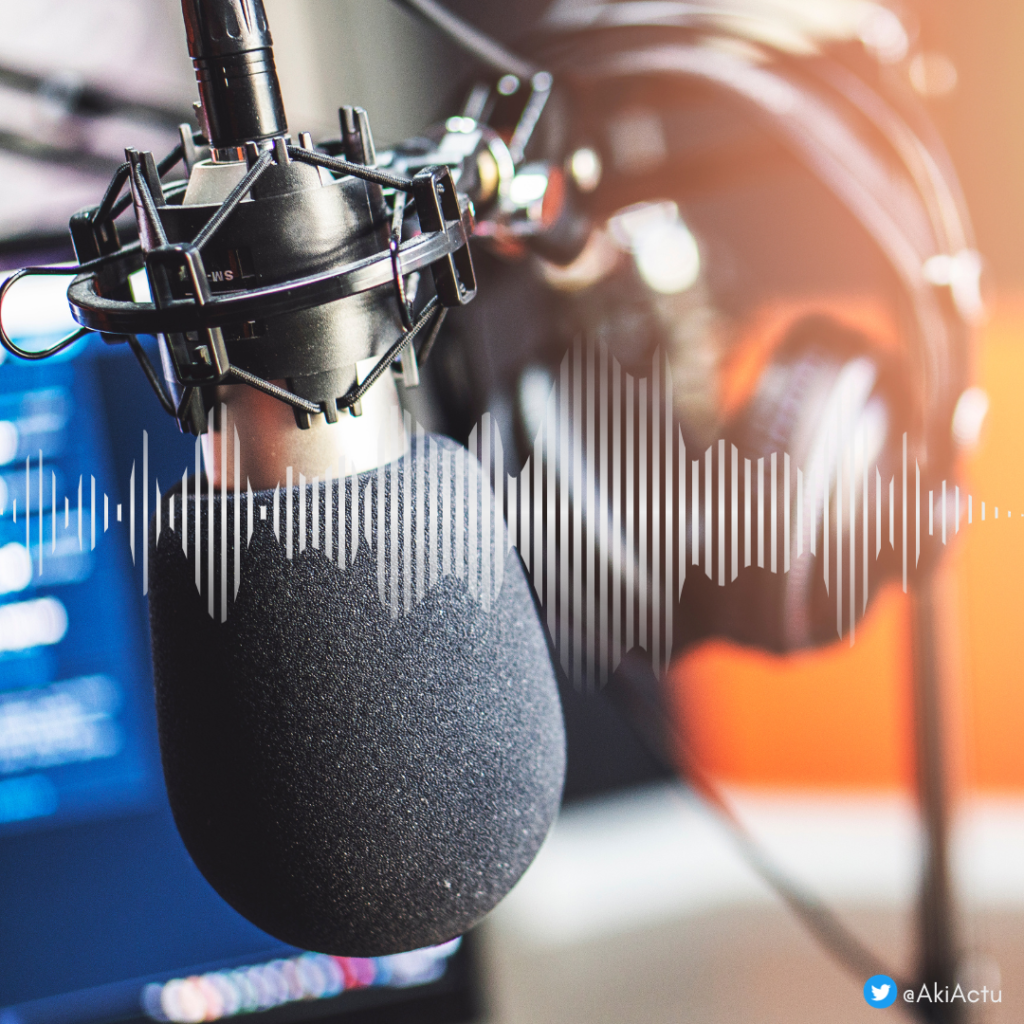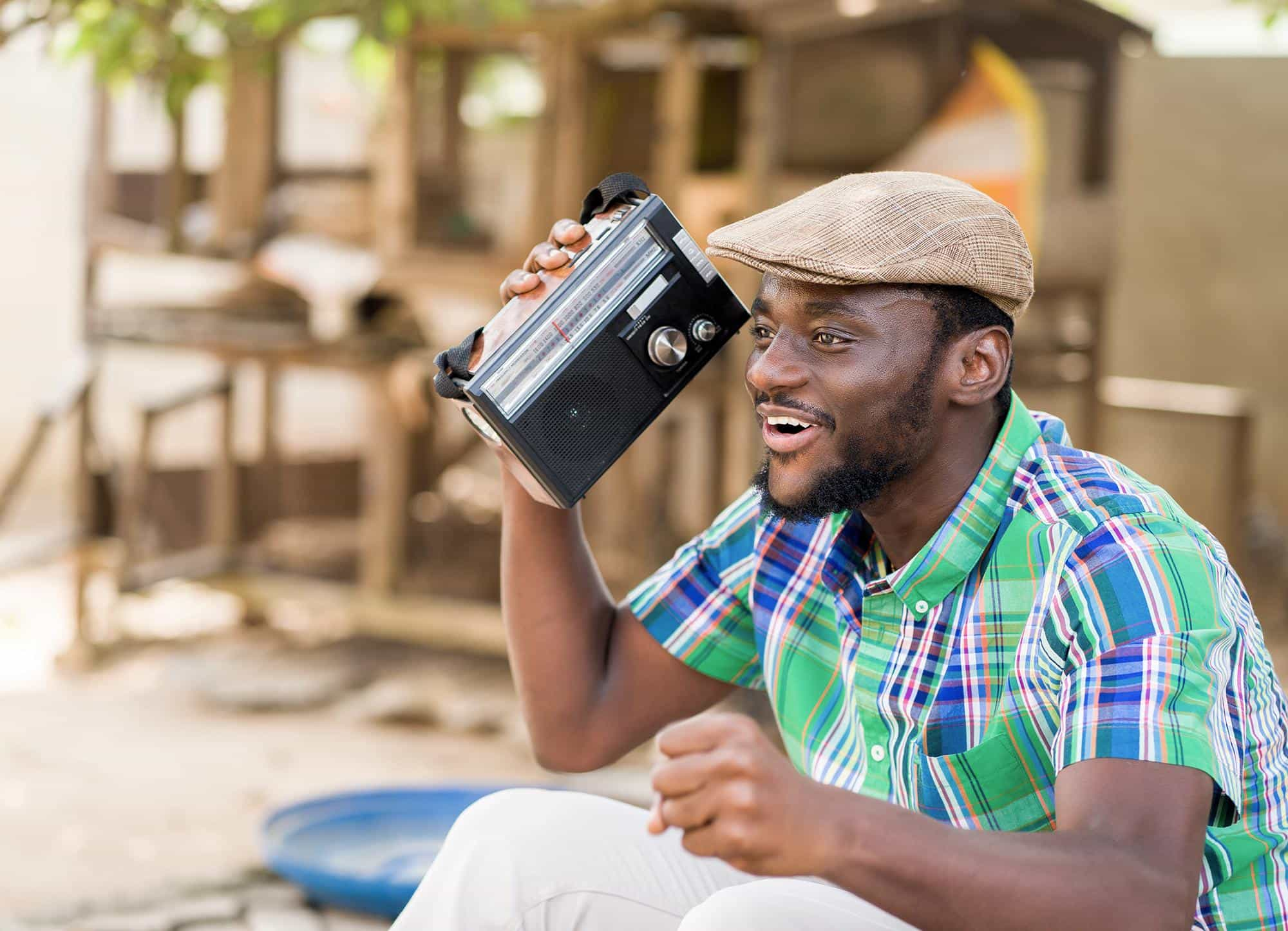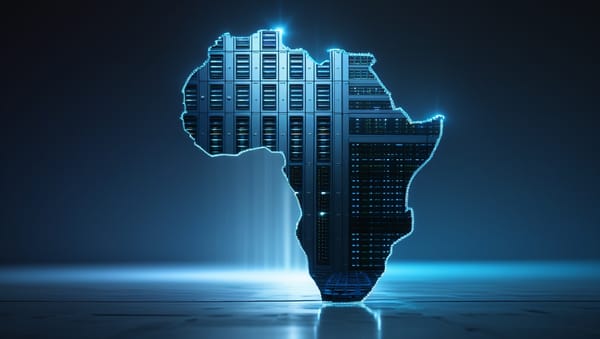Aware of the population by radio
The objective of this day is to make the public and the media more aware of the importance of radio. It aims to encourage decision -makers to develop access to information through radio, strengthen networking and international cooperation between radiudiffusers in order to combat social inequalities.

As part of a global effort to support peacebuilding, the United Nations has set up radio networks in areas affected by conflicts so that local populations have access to a reliable source of information. These stations operate as part of the peacekeeping missions of the United Nations, including Radio Miraya in South Sudan, Radio Okapi in the Democratic Republic of Congo, Guira FM in the Central African Republic and Mikado Radio in Mali.
A news media in Africa on this international day
Radio in Africa represents an important part of the circulation of information compared to other means of communication present within the media landscape . This is partly linked to the strong culture of orality and the important rate of illiteracy on the continent.
With regard to the lack of cover of the electricity network which excludes a large part of the population from access to the press, television and the Internet. In 2023, if the arrival of digital upsets habits, radio continues in Africa, to be the privileged link to learn or to distract whether in urban or rural areas.
In several African countries, radio asserts itself as a mediator with other media. Local radios offer national languages programs in order to transmit information to a wider audience. The president of the African Union of Broadcasting, Grégoire Njaka states that " the FM radio remains the most popular media " in Africa and listening to the radio is "part of the culture and the family tradition".
In 2021, 61.4% of individuals in Africa 15 years and over listened to the radio every day. This represents 12.4 million daily listeners. They devoted an average of 2:07 a day.
Source: Kantar, 2021 Tweet









